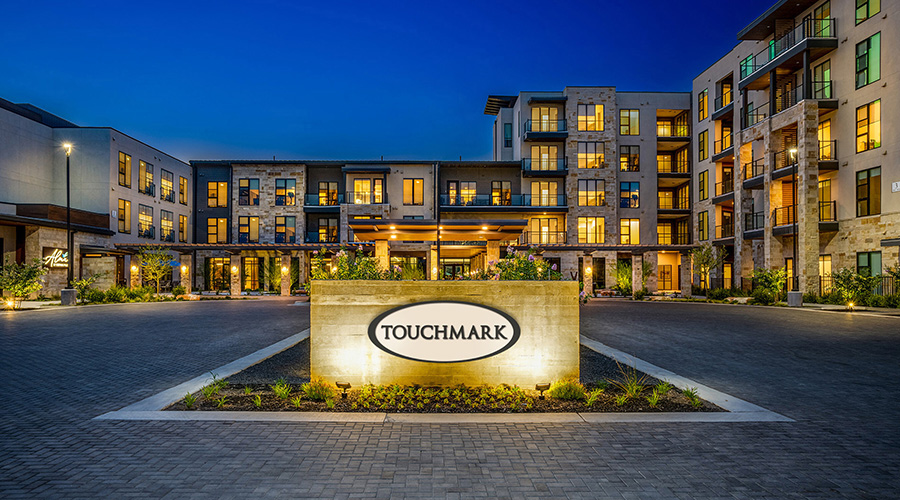EHNAC Announces Finalized 2017 Accreditation Criteria Versions for 18 Accreditation Programs
|
The Electronic Healthcare Network Accreditation Commission (EHNAC), a non-profit standards development organization and accrediting body for organizations that electronically exchange healthcare data, announced today the release of new versions for its 18 accreditation programs for use starting January 1, 2017. There were several impactful changes to areas of the criteria for all programs, including updates relative to the OCR Phase II Protocol, aligning HIPAA privacy and security criteria, and significant edits to the three DTAAP programs to reflect DirectTrust's new releases of its Certificate and HISP Policies.
Healthcare industry stakeholders are encouraged to regularly visit the EHNAC website to download and review the latest EHNAC criteria versions in full detail. Applicant candidates commencing the accreditation or re-accreditation process in 2017 will be required to adhere to these updated criteria versions.
Following the standard, 60-day public comment period, EHNAC's criteria committee and commission has incorporated public feedback to finalize and adopt the enhanced and final criteria versions for the following accreditation programs:
- ACOAP - Accountable Care Organization Accreditation Program (V2.0)
- CEAP - Cloud Enabled Accreditation Program1(V1.1)
- DRAP - Data Registry Accreditation Program (V2.0)
- DTAAP-CA - Direct Trusted Agent Accreditation Program for Certificate Authorities (V2.0)
- DTAAP-HISP - Direct Trusted Agent Accreditation Program for Health Information Service Providers (V2.0)
- DTAAP-RA - Direct Trusted Agent Accreditation Program for Registration Authorities (V2.0)
- ePAP-EHN - e-Prescribing Accreditation Program (V7.0)
- EPCSCP-Pharmacy - Electronic Prescription of Controlled Substances Certification Program - Pharmacy Vendor (V2.0)
- EPCSCP-Prescribing - Electronic Prescription of Controlled Substances Certification Program - Prescribing Vendor (V2.0)
- FSAP-EHN - Financial Services Accreditation Program for Electronic Health Networks (V3.0)
- FSAP-Lockbox - Financial Services Accreditation Program for Lockbox Services (V3.0)
- HIEAP - Health Information Exchange Accreditation Program (V2.0)
- HNAP-EHN - Healthcare Network Accreditation Program for Electronic Health Networks [Includes Payer] (V11.0)
- HNAP-Medical Biller - Healthcare Network Accreditation Program for Medical Billers (V2.0)
- HNAP-TPA - Healthcare Network Accreditation Program for Third Party Administrators (V2.0)
- MSOAP - Management Service Organization Accreditation Program (V2.0)
- OSAP - Outsourced Services Accreditation Program2 (V2.0)
- PMSAP - Practice Management System Accreditation Program (V2.0)
The EHNAC criteria for each of its accreditation programs sets the foundational requirements for measuring an organization's ability to meet federal and state healthcare reform mandates such as HIPAA, Omnibus, ARRA/HITECH, ACA and other mandates for covered entities and business associates focusing on the areas of privacy, security, confidentiality, best practices, procedures and assets.
1 The Cloud Enabled Accreditation Program is provided only as an add-on program for organizations that have applied for another program. The Cloud Service Provider (CSP) must be FedRAMP-certified, and an additional site visit day is required for reviewing the details of this program.
2 OSAP includes 10 different accreditation programs tailored for Accountable Care Organizations; Call Centers; Data Centers; DRP Facilities; Health Information Exchanges; Media Storage; Network Administrators; Printing; Product Development; and Scanning.
|
|
January 6, 2017
Topic Area:
Press Release
Recent Posts
Traditional responses — building more primary and secondary care facilities — are no longer sustainable.
The organization broke ground on the health campus in March 2024.
The facility will now be known as Touchmark at Georgetown.
So-called dust bunnies on hospital room floors contain dust particles that turn out to be the major source of the bacteria humans breathe.
Almost half of power outages in the United States were caused by extreme weather events.

 Building Sustainable Healthcare for an Aging Population
Building Sustainable Healthcare for an Aging Population Froedtert ThedaCare Announces Opening of ThedaCare Medical Center-Oshkosh
Froedtert ThedaCare Announces Opening of ThedaCare Medical Center-Oshkosh Touchmark Acquires The Hacienda at Georgetown Senior Living Facility
Touchmark Acquires The Hacienda at Georgetown Senior Living Facility Contaminants Under Foot: A Closer Look at Patient Room Floors
Contaminants Under Foot: A Closer Look at Patient Room Floors Power Outages Largely Driven by Extreme Weather Events
Power Outages Largely Driven by Extreme Weather Events